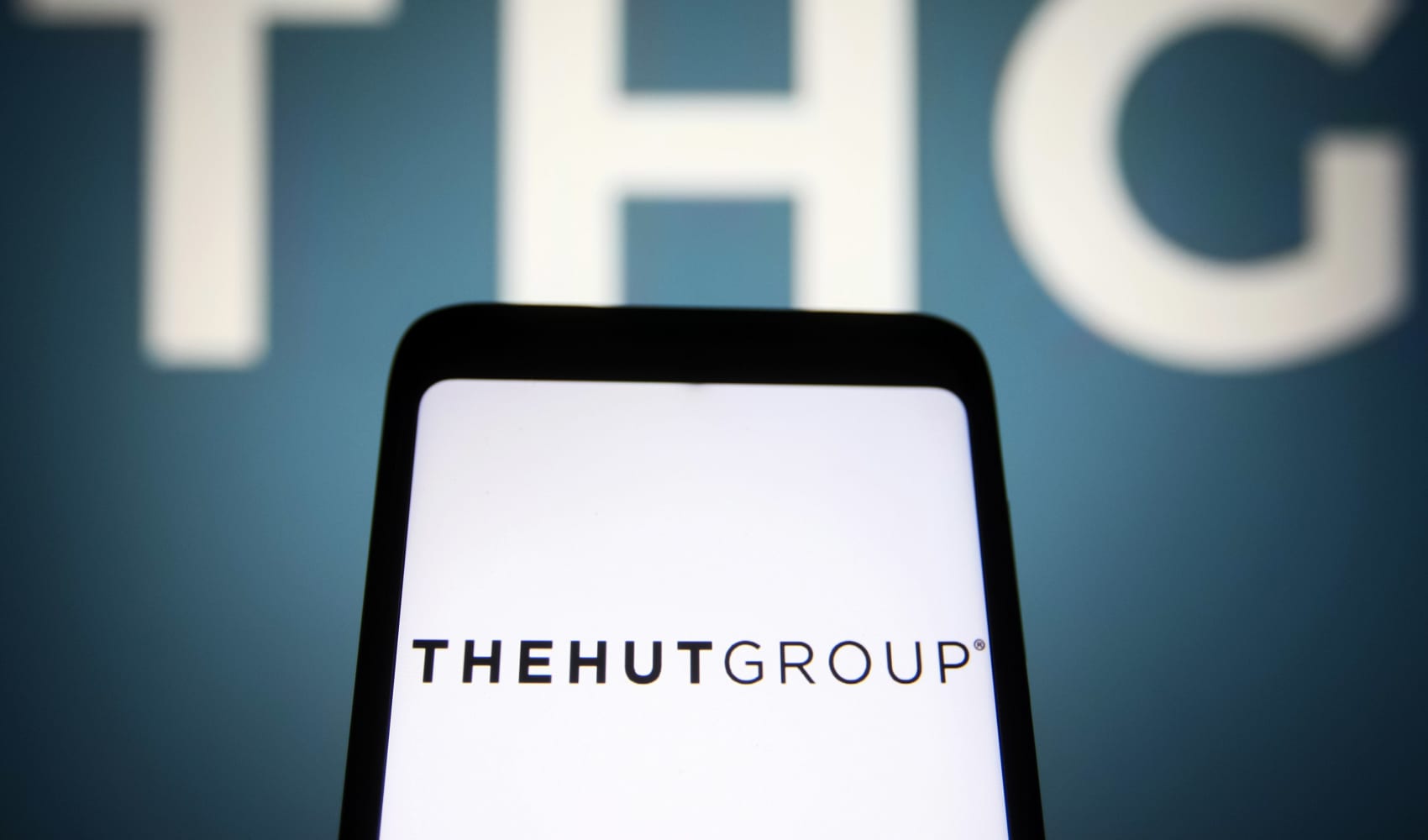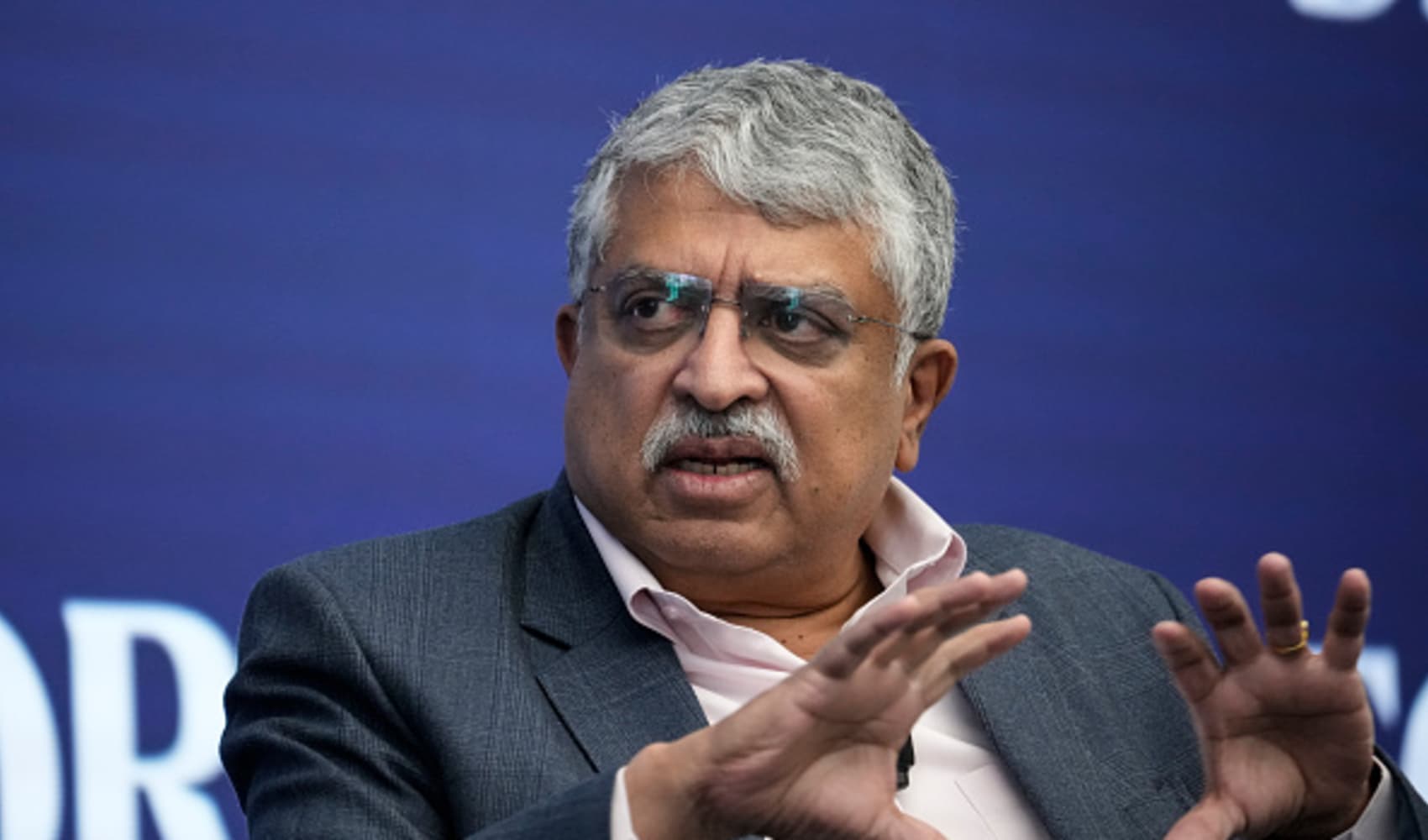
- Internet service providers including Charter, Verizon and Comcast are shifting customers away from the Affordable Connectivity Program, an expired federal internet subsidy that helped low-income households pay for broadband.
- Democrats and Republicans in Congress have brought forward bills to extend the ACP, at least temporarily.
- But since the program lapsed in June, participating providers have been working to pivot their businesses and customers from relying on the government subsidy.

Internet service providers including Charter, Verizon and Comcast are shifting customers away from the Affordable Connectivity Program, an expired federal internet subsidy that helped low-income households pay for broadband, according to earnings calls and people familiar with the matter.
The $14.2 billion program, which went into effect in December 2021, served roughly 23 million households, two-thirds of which had either inconsistent or zero internet access prior to enrolling, according to a December survey from the Federal Communications Commission. It provided a discount of up to $30 per month for some qualifying households and up to $75 a month for households on eligible tribal land.
But it officially ended in June after Congress decided not to renew its funding.
Since the ACP lapsed, some Democratic and Republican lawmakers have been working to bring back the program.
But broadband companies have been focused on transitioning their customers to other affordable options to help them make up the expired discount, according to the companies' earnings calls.
Money Report
In the wake of the ACP's expiration, broadband companies have reported losing some customers. But overall, they have weathered the storm better than expected, according to analysts' notes and to executives' comments in recent earnings reports.
"Generally speaking, the impact on the companies so far is less than feared," said analyst Craig Moffett of MoffettNathanson. "But that doesn't take away from the families for whom this was important, and could now lose access to broadband."
Feeling out of the loop? We'll catch you up on the Chicago news you need to know. Sign up for the weekly Chicago Catch-Up newsletter.
And though broadband companies supported ACP's renewal before it expired, since then they have done little to revive the program, given uncertainty over where the funding would come from, according to the people familiar with the matter, who were granted anonymity due to the private nature of these discussions.
Part of that uncertainty comes from the unknown future of party control in Congress given the November election.
"I know the difference between when industry really wants something to happen, and when they say, 'Well, we support it, sure,' but they don't put money into advertising, they don't put money into lobbyists, they don't put money into doing the kind of studies that support the case," New Street Research analyst Blair Levin told CNBC.
Charter and Comcast representatives declined to comment. Verizon did not respond to requests for comment.
Comcast owns NBCUniversal, the parent company of CNBC.
Capitol Hill revival effort
Both Democrats and Republicans in the Senate and the House have brought forward bills that would spend between $6 billion and $7 billion to relaunch the ACP, at least temporarily.
"My hope is that we can get something done rather quickly, especially as kids are getting ready to go back to school," Rep. Mike Carey, R-Ohio, said in August. He jointly proposed the House bill with Rep. Nikki Budzinski, D-Ill.
The ACP was originally funded as the Emergency Broadband Benefit program, a pandemic-era internet subsidy that quickly gained support when reliable access became a necessity in a world dominated by online school and work.
Internet usage soared in 2020 and 2021. Even now, usage levels are well above pre-pandemic levels, according to broadband data provider Open Vault.
But as Covid grows more distant in public memory, lawmakers trying to pass billions in spending to extend these subsidies have faced an uphill battle.
One key reason is election-year timing.
For example, GOP Sen. JD Vance of Ohio was one of the lead supporters of the ACP. But after he was tapped to be Republican presidential nominee Donald Trump's running mate, Vance quieted his advocacy.
In Congress, both the Republican House majority and Democratic control of the Senate could flip in November. This means Democratic leaders may choose to put other priorities ahead of the ACP while they still control the Senate.
"This is going to be a really close election, so maybe they want to use floor time for judicial nominations," Gigi Sohn, a consumer broadband advocate and lawyer whom President Joe Biden nominated to be an FCC commissioner, said in an interview with CNBC.

Still, Sohn believes bipartisan support for the ACP should make reauthorizing it a political slam dunk for Democrats.
"This is one of the things that absolutely perplexes me, because to me, this is the kind of thing you absolutely want to do in an election year," she said.
As the Sept. 30 government funding deadline inches closer, congressional leaders are heads-down on the scramble to pass a stopgap funding bill to avert a shutdown, pushing the ACP further down the priority list. After September, Congress is expected to be out on recess until after the election.
'This thing is dead'
As some Capitol Hill lawmakers cling to the narrowing possibility of an ACP comeback, the private sector is reining in its hopes.
"[ISPs] are making their plans, they are telling Wall Street that this thing is dead and they're just not putting effort into it," Sohn said.
While broadband providers were generally supportive of the ACP, many in the industry believed the subsidy benefited too wide a swath of U.S. households, said the people familiar with the matter. In some instances customers who used the benefit also subscribed to other products, such as mobile or pay TV, according to company reports.
One in four New York households used the ACP, according to a White House fact sheet released in February.
Starting from scratch with a new subsidy program, while also building digital literacy among low-income consumers, could be a better alternative after the election, some people close to the companies say.
And disillusioned with the temporary model, industry players are more likely to lobby for permanent solutions, such as strengthening the Universal Service Fund, according to Sohn. The USF is the FCC's network of subsidies for and fees on telecom companies to boost service nationwide.
But that comes with its own set of political obstacles. A federal court in July found the USF to be unconstitutional, claiming that the FCC delegated its taxing power to a private corporation by allowing the Universal Service Administrative Company to administer the USF.
With or without private-sector resources, lawmakers said they will not quit the push to bring the ACP back.
"What we're focused on is the near-term problem," Carey said. "Then we can build consensus to look at something for a longer-term plan."
But dwindling support from industry partners casts doubt on the ACP's future because companies are ultimately the ones who deliver the internet service and can help educate customers about the program.
"Industry is one voice in this because they are the structure providing this service," Budzinski told CNBC. "It's important that they be at the table."
Industry disenchantment
The ACP's expiration has required a pivot for the companies that had invested heavily in getting new and existing customers enrolled in the program.
Charter Communications CEO Chris Winfrey said in July that the ACP's expiration led to lost customers and low-income broadband connections after the company had "put a lot of effort into the ACP program."
Charter was one of the ACP's biggest industry proponents: It received roughly $910 million from the program from 2022 to February 2023, according to FCC data. Comcast and Verizon each received over $200 million from the program, the data said.
When Congress decided not to renew ACP funding, these companies were forced to absorb the shock at a time when cable companies have already seen broadband customer growth stagnate due to heightened competition and a slowdown in home sales.
During the second quarter, Charter reported a loss of 149,000 broadband customers, while Comcast reported a loss of 120,000 broadband customers. While some of this could be attributed to the ACP, further impacts on the companies could surface in the third quarter due to the timing of the subsidy's expiration.
Verizon began accounting for the financial hit of the customer loss earlier by switching customers to other plans before the subsidy ended, so its reported loss of 410,000 prepaid wireless subscribers in its second-quarter earnings is likely the bulk of its total losses, according to Moffett.
"They've already taken a lot of the pain," Moffett said. "And even the Verizon number wasn't as bad as some expected. They went to their customers and asked if they wanted to sign up for new programs."
Since the ACP ended, company executives have said on investor calls they are working to help customers transition to low-income or different internet plans, in some cases reverting back to plans they had before the subsidy.
"The ACP may shut down, but Verizon is committed to providing households with access to high-quality connectivity," Verizon CEO Hans Vestberg said on an April earnings call. "We have other plans to reach households who rely on ACP."
Comcast said in July that it has been helping customers migrate to other broadband plans.
"We'd like to get through the ACP impact as quickly as possible," Comcast Cable President David Watson said on a July earnings call. "The good news is that our ACP customers are eligible to switch to the Internet Essential tiers that we have, and we have a couple."
Charter said it has tried to retain its low-income consumer base by rolling out new savings deals such as offering ACP customers a free unlimited mobile line for one year.
"I think we all have a lot to be proud of for stepping up and really driving those programs," Charter's Winfrey said on a July earnings call. "But they didn't exist before, and broadband is a really important product. And from a Charter perspective, we have ways to continue to address that marketplace."
The initial bottom-line pain of the ACP's lapse so far appears to be milder than what some company leaders and analysts had initially expected. But the process is far from over.
"We've only seen the first chapter so far, in that we've only seen the impact on gross additions. But we haven't yet seen the impact on bad debt and unpaid disconnects," Moffett of MoffettNathanson told CNBC. "That will come in the third quarter."
Disclosure: Comcast owns NBCUniversal, the parent company of CNBC.
Correction: This article has been updated to reflect that President Joe Biden nominated Gigi Sohn to be an FCC commissioner. A previous version of this article misstated her role.






